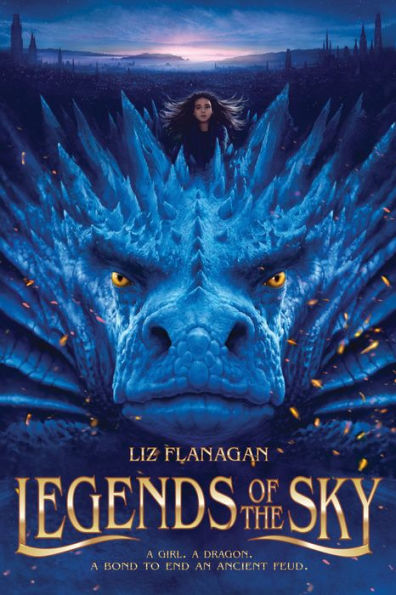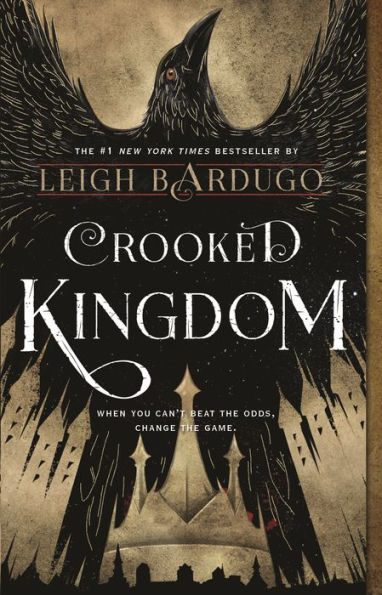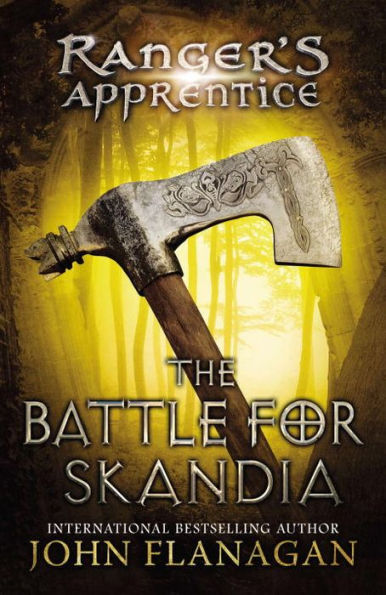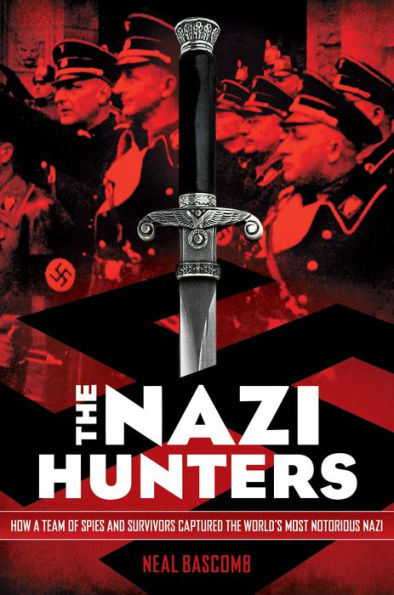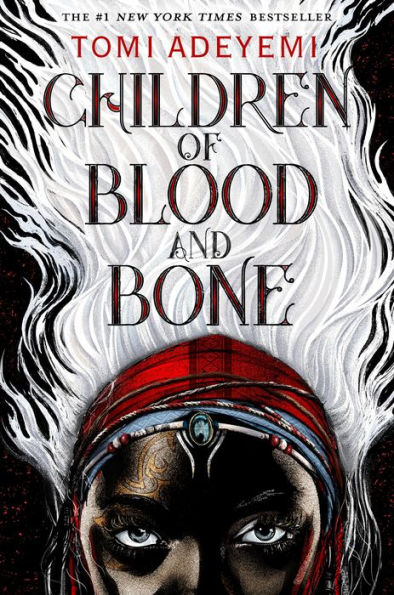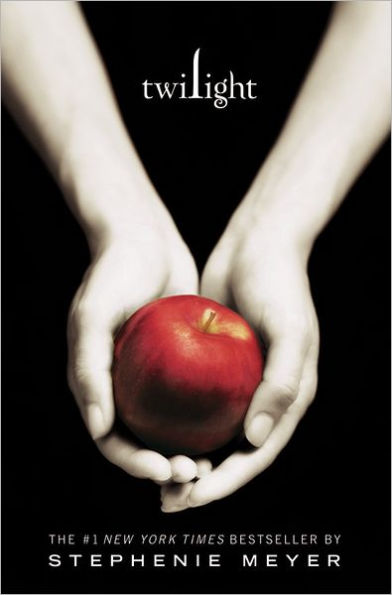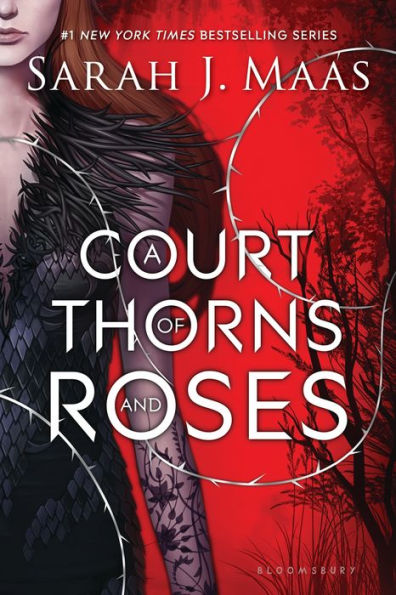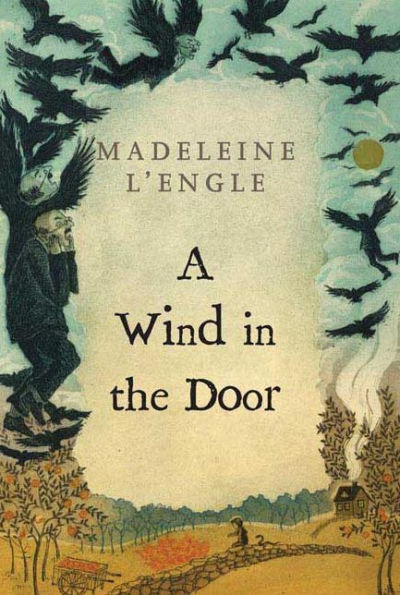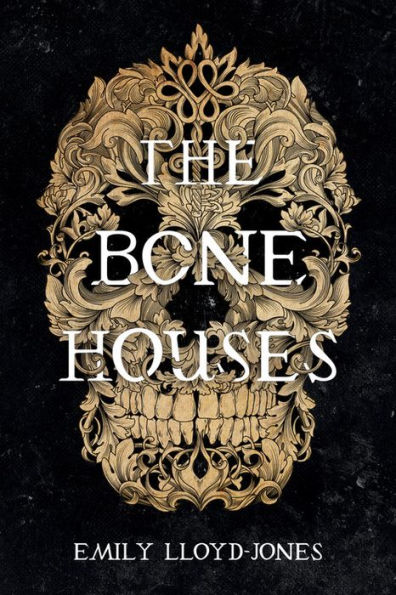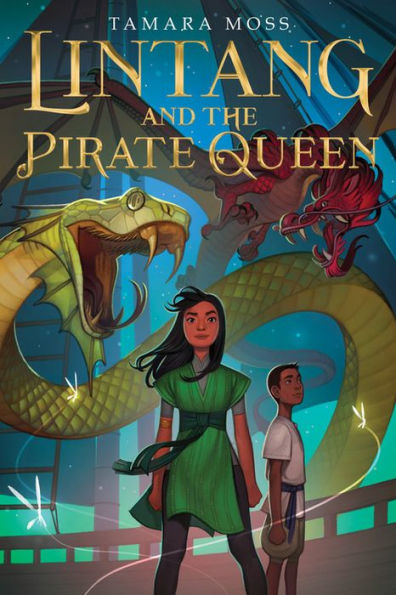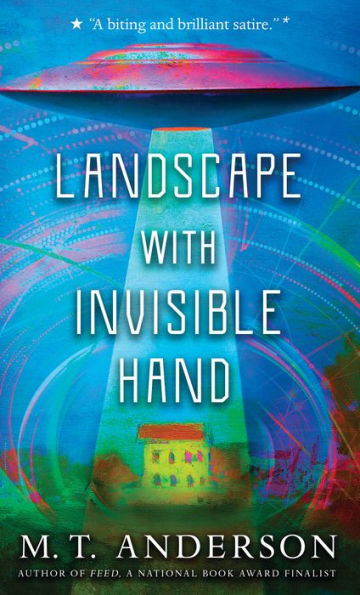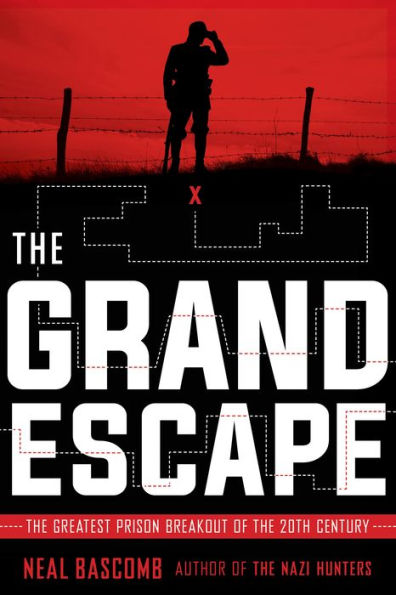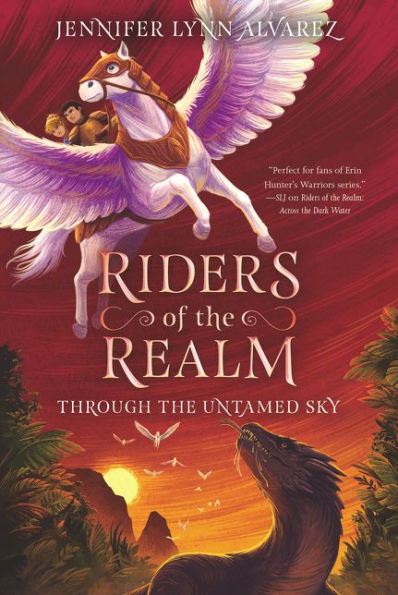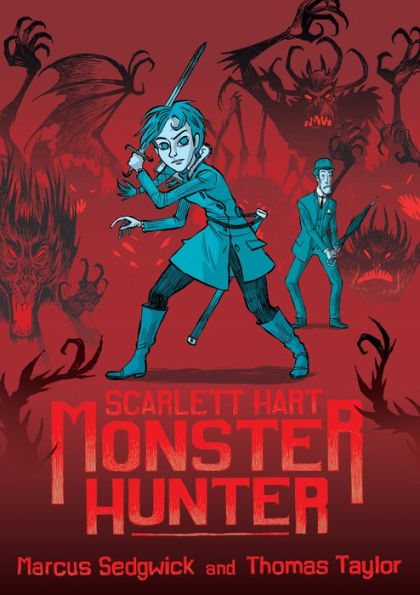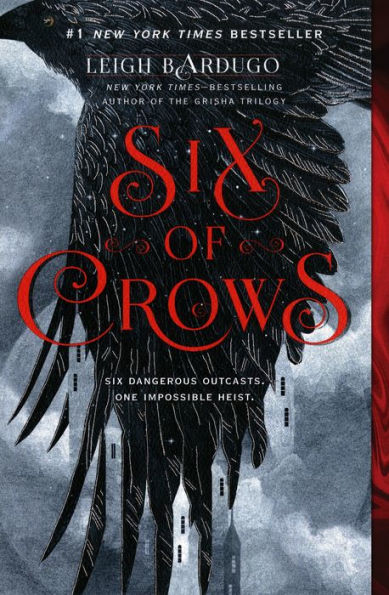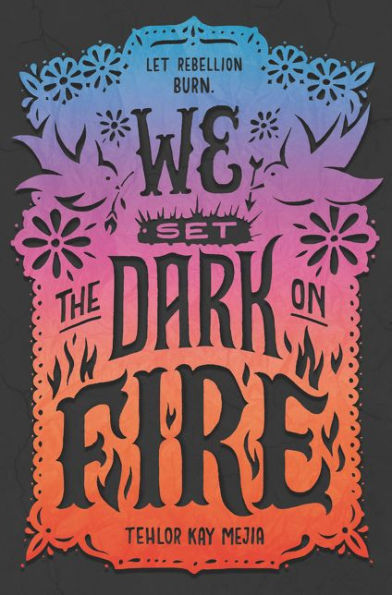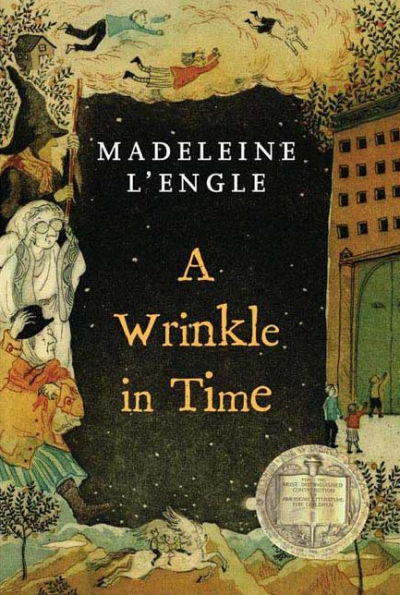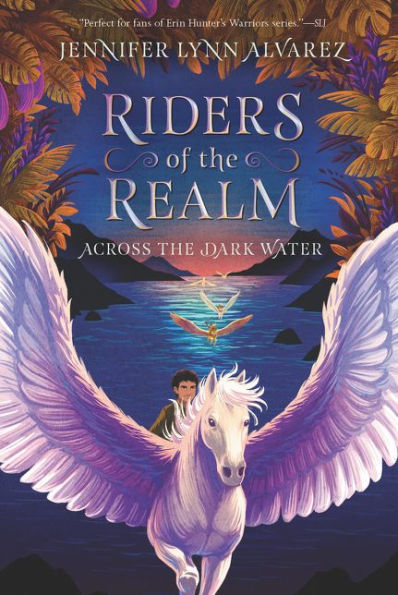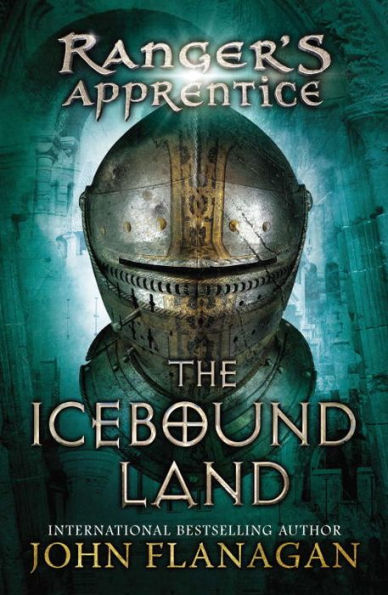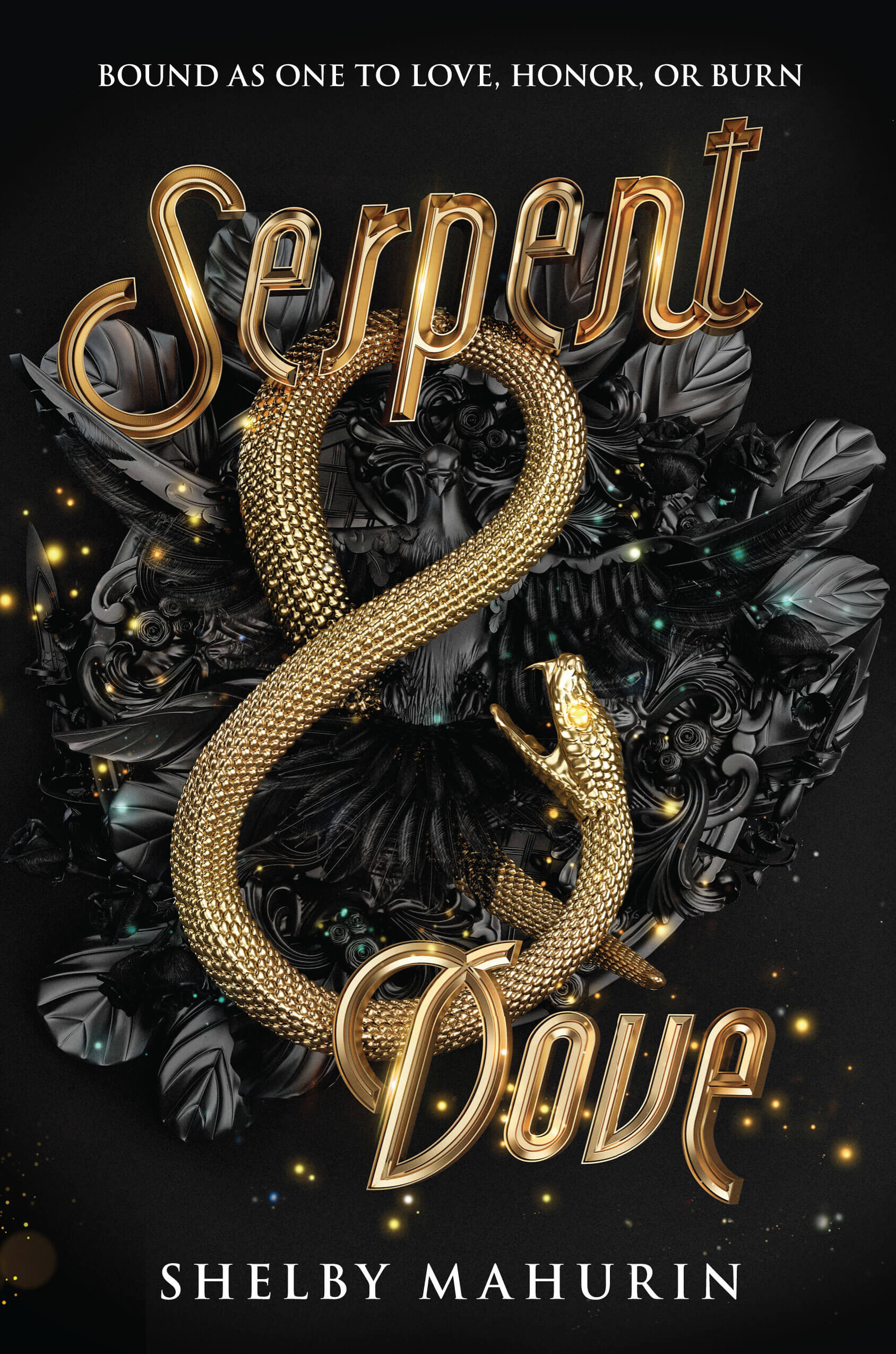Milla has heard the dragon legends. She has seen the dragon murals. But everyone says the dragons who used to rule the skies are gone forever.
Servant girl Milla witnesses a murder and finds herself caring for the last four dragon eggs. She tries to keep the eggs’ existence a secret, but soon, the eggs are in Duke Olvar’s possession. When the dragons hatch, Milla and her friends vow to stay with the dragons and protect them from harm. Milla and her friends try to learn how to care for their dragons, but it soon becomes clear that the dragons must belong to the city, not to the Duke.
Tensions in the city are growing due to Duke Olvar’s dislike of anyone who isn’t a Norlander, like him. The Duke wants to control the city and continues to put restrictions on those of Sartolans descent. In order to protect the Norlanders, the Duke decides that “anyone of Norlander descent got to wear a black dragon badge on their clothes—the Duke’s own symbol. Everyone else had to wear a badge in the shape of a ship, to show they were newly arrived.”
Soon Milla and her friends find themselves in the middle of a battle between the Duke’s soldiers and the Sartolans. How can Milla and her friends keep the dragons safe? Should they join the battle or stay safely tucked away in the Duke’s mansion?
Flanagan builds a complicated island city that is under the Duke’s tight control. As Milla learns more about dragons, she also discovers that the Duke will do anything to bond with one. The Duke wants control of the dragons, so he keeps Milla, her three friends, and the dragons in the dragonhall. While under the Duke’s watchful eyes, Milla’s friendships begin to fracture.
Told from Milla’s point of view, readers will fall in love with Milla and her dragons. Milla is a complex character who struggles to do what is right. Milla struggles with her inability to help her Sartolans friends. Readers will understand Milla’s problems with her friends, her hope for the future, and her desire to keep her dragons safe.
Politics, deadly intrigue, and dragons combine to make a fast-paced story where danger hides in the shadows. The story’s complex plot and the violent conclusion make Legends of the Sky the perfect book for confident readers. With shifting loyalties, new friendships, and the struggle for power, The Legends of the Sky explores the topics of power, discrimination, and friendship. Through Milla’s point of view, the reader will come to understand that discrimination hurts everyone. Legends of the Sky is a beautifully written, action-packed story that will leave readers wanting a dragon of their own.
Sexual Content
- Tayra is upset when she finds out that her father has arranged her marriage to Vigo. After she gets to know him, the two are playing when Taya “reached up and kissed Vigo.”
Violence
- Milla is hiding in a tree when she sees a man killed. “A gloved hand pressed a knife against the cloaked man’s throat. . . His knife dug into the flesh of the man’s neck. A thin trickle of blood ran down the blade. . . Afterward, she [Milla] still saw the sudden spray of scarlet against a terracotta pot. She heard the heavy slump as the body hit the ground.”
- When the dragon eggs begin to hatch, the duke “lifted the egg, and broke it against the surface of polished wood . . . the egg shattered with a damp crunch. The duke pulled it apart, flicking away pieces of shell with his fingers. He lifted up a limp body streaked with blood. . . The dragon didn’t move.”
- A woman tells a story about the past when “Rufus murdered his cousin Silvano. . .” The murder is not described.
- An “idiot” soldier accidently started a fire in the prison. The guards flee without trying to help the prisoners escape. Milla and others try to help the prisoners escape. The prison “was ablaze, sending plumes of smoke and fire shooting high into the night sky. . . There were bodies scattered across the dockside. Some were moving. A few were not. . .Six people had died that night.”
- When a dragon named Heral flies over the city, a soldier shoots an arrow at it. “One arrow buried itself in Heral’s side. He screamed. A plume of fire shot from his open mouth.” The dragon blows fire towards the soldiers. “Now the archers screamed, arms raised in feeble defense. Milla saw bows burning, arrows torched in midair. A man leapt into the sea, ablaze.” Tayra is able to help her dragon. “Tayra pulled the arrow cleanly from the flank: a shallow wound, but a bloody one.”
- During an argument, the duke “struck his wife across the face.”
- A riot breaks out. During the fighting, Milla “almost stepped on a dead soldier. A man in the duke’s livery, on his back, staring sightlessly at the gray sky.” Milla takes a shield from a dead soldier. As Milla tries to reach her friends, “A sword crashed down on her shield with such force that she fell, winded, then rolled to avoid the next blow. . . She struck back, catching the soldier low, in his thigh. She slammed her shield in his face and he fell, lost under feet that danced and stamped and leapt to stay alive.” During the fight, the duchess is killed and Milla is injured. The riot is described over three pages.
- Milla and her friends try to flee the island. Soldiers try to stop them. When Milla got onto the boat, she heard “the clashing of steel, followed by a scream of pain. She twisted to look. One man lay on the floor. Nestan was upright, clutching his sword arm, dark red blood seeping through his fingers.” Another one of Milla’s friends, Simon, “had his wooden staff that he used to parry and block. With a grunt, he twisted it around and landed a hard blow in the man’s gut with one end. . . Simon slammed the broadside into his chin. He slumped to the ground, unconscious.”
- The book ends with an epic battle. Tayra “let her arrows fly faster than ever. . .” Tayra, her dragon, and Vigo fight side by side. “They cut through the duke’s forces, leaving a trail of ash and black-clad bodies so that Carlo’s army found their way clear.”
- During the battle, someone grabs Milla, and “her injured ribs burned in agony. . . Black dots danced before her eyes, and she struggled not to pass out.” Milla is able to get away, and she “grabbed a chair and flung it at Richal Finn, aiming for his sword arm. He stumbled but didn’t fall.” Milla’s dragon used his bulk to pin Richal Finn down. Richal Finn fights back and “he kicked out viciously, catching Iggie square on his leg wound. The wound gaped open, right down to the bone: it gleamed palely through, making Milla feel sick.”
- The duke grabs his sword and threatens to smash the dragon eggs. Isak “threw his whole body weight at Olvar [the duke] and pushed him aside. Duke Olvar pushed Isak away, sending him staggering backward.” In order to protect her eggs, the dragon “blasted Duke Olivar with a massive stream of fire. Olvar caught the worst of it, but Finn’s clothes also burst into flame. He fell to the floor with a hideous shriek.” The battle is described over 13 pages. The duke dies.
- The story alludes to the fact that the duke used to hit his wife, Serina. After Serina is injured, Milla “watched his [Serina’s son] work, remembering what Serina had said about all the times her son had tended to her injuries. She didn’t ask how Serina had gotten those inures. She didn’t need to.”
Drugs and Alcohol
- An angry boy yells at his father, “You’re not even a soldier, not anymore. We only have your word that you ever were. You probably hurt your leg falling down drunk outside a tavern.”
- Milla sees a man on his way to teach fighting skills to a girl. She tells him, “I’ll have a skin of ale cooling in the well for you afterward, shall I?”
- A girl plans to go to a party. She was “planning to borrow a bottle of sweet Sartolan wine from her parents’ stall for the street party.” Later, the girl tells Milla that the wine helped her make some friends.
- A woman tells Milla a story from the past, when the dragonriders had a disagreement. A dragonrider named Rufus “laced their evening meal with poison: just enough to send Karys and her cousin Silvano into a deep sleep. They awoke in the dragonhall to find themselves in chains.”
- When Milla goes to visit a friend, the woman poured them “a small measure of sweet Arcosi wine.”
- Someone gives Milla gifts, which include wine.
- When Milla is put in jail, her friends poison the guards. “We baked treats for the guards—a special reward for their hard work. . . they’ll sleep all day, sore head tomorrow. Josi knows her poisons. . .”
- The duke poisoned a dragon, but “the poison wore off after half a day.” However, when the dragon awoke, she was “in chains.”
Language
- A soldier calls a group of prisoners “Sartolan scum.”
- A woman calls recent arrivals “filthy dock rats.” Later someone says, “Dock rats! Throw them into the sea.”
- When the duke orders soldiers to clear the docks of people, Milla yelled, “Where the hell are you going to clear them to?”
Supernatural
- None
Spiritual Content
- The duke talks about the past, when his people fled their home country. He says it had been “Fifty years since our prayers were answered and we found Arcosi waiting for us.”
- Occasionally, Milla sends out a prayer, but she never mentions a specific god. For example, when she sneaks out of the house, she “sent a prayer out into the pale morning. . .” Later Milla “prayed that Nestan would listen to his daughter now.” Milla prays twelve times throughout the story.
